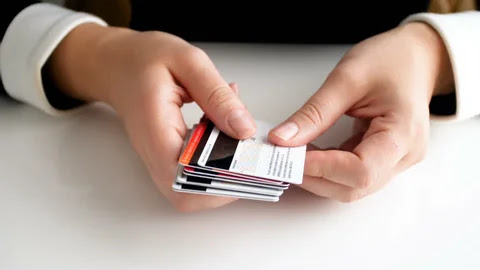Best Card Verification Values (CVV) Shop Online.
While I understand you might be looking for information on Card Verification Value (CVV) shops, it's important to clarify that the sale and purchase of CVVs outside of legitimate banking and retail contexts is illegal and unethical. CVV codes are critical security features on credit and debit cards designed to prevent fraud in online and card-not-present transactions. Engaging in or promoting the trade of stolen CVV codes is a criminal activity that can lead to severe legal consequences.
However, I can provide some insights on how to protect yourself from CVV fraud and ensure your financial transactions remain secure online:
1. Understanding CVV Codes
2. Common Types of CVV Fraud
- Phishing Scams: Fraudsters trick individuals into providing their card information, including the CVV, by posing as legitimate entities through emails, text messages, or fake websites.
- Data Breaches: Cybercriminals often hack into databases of businesses to steal card information, including CVVs.
- Skimming: Devices are secretly installed on ATMs or point-of-sale systems to capture card details and CVVs when unsuspecting users swipe their cards.
- Be Wary of Phishing Attempts: Always verify the legitimacy of emails, texts, and websites requesting your card details. Do not click on suspicious links or provide your information to unverified sources.
- Monitor Your Accounts Regularly: Regularly check your bank and credit card statements for any unauthorized transactions. Report any suspicious activity to your bank immediately.
- Use Secure Websites: Ensure that any website you use for online purchases has "https" in the URL and a padlock icon, indicating it is secure.
- Enable Two-Factor Authentication: Whenever possible, enable two-factor authentication (2FA) for an added layer of security on your online accounts.
- Update Your Software: Keep your operating system, antivirus software, and web browsers up to date to protect against the latest security threats.
- Avoid Public Wi-Fi for Transactions: Public Wi-Fi networks are often less secure, making it easier for hackers to intercept your information. Use a private, secure network for online transactions.
5. Legitimate Uses of CVVs
Conclusion
CVV codes, typically found on the back of credit or debit cards, are three or four-digit numbers used to verify that the cardholder has the physical card in their possession during online transactions. They add an additional layer of security by ensuring that even if a card number is stolen, the thief cannot use it without the CVV.
Buying or selling CVV codes is not only illegal but also unethical. Such activities contribute to a broader cycle of fraud and identity theft, causing significant financial harm to individuals and businesses. Engaging in these activities can result in severe penalties, including fines and imprisonment. It’s essential to report any suspicious activity or solicitation for illegal CVV trade to the appropriate authorities.
The only legitimate use of CVVs is during authorized transactions where the cardholder provides the CVV to complete the purchase. This code should only be entered on trusted, secure websites or shared with authorized personnel during legitimate transactions.
Staying informed and vigilant is key to protecting yourself from CVV fraud. Always handle your card information with care, use secure transaction methods, and report any suspicious activity to your bank. Remember, the best way to combat fraud is through prevention and awareness.


No comments